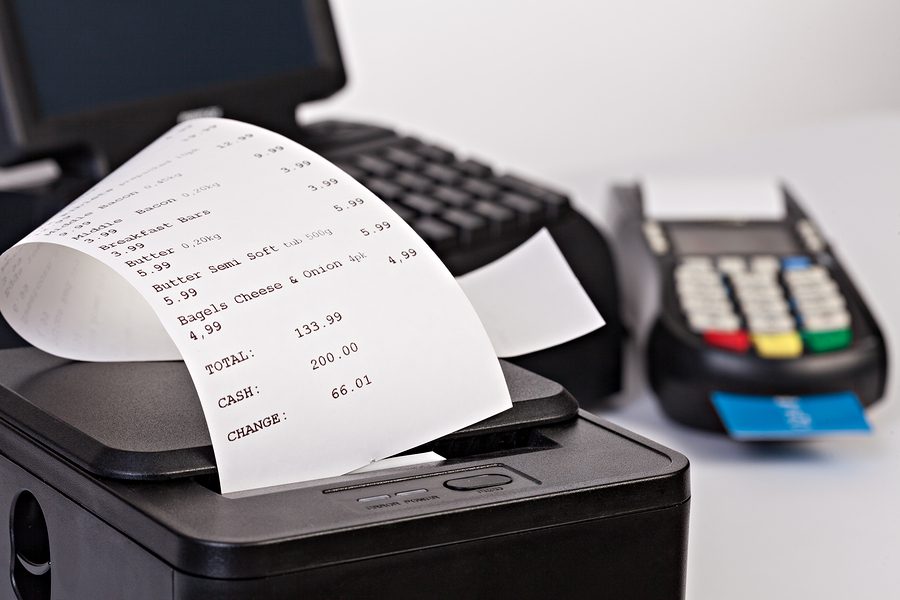Protection of your personal information and obliterating any misuse of the same is a topmost priority for the US Government, and hence in order to do the same FACTA was introduced. An amendment was made to the FCRA and it came to be known as the Fair and Accurate Credit Transactions Act, also called FACTA was added in order to protect consumers from identity theft and for the protection of their personal transactional data. The Act demands for information accuracy, privacy and disposal; it also limits the ways in which consumer information can be shared as there is a chance of the information getting intercepted. With the express pace of technology, identity theft and protection of consumers’ personal information is a critical issue. The regulations abide to the protection of debit and credit card information. If debit or credit card receipts handed over by the businesses share too much information, the recipient consumer holds all rights to file a civil FACTA violations lawsuit against the responsible business.
What are the FACTA regulations?
Under the Fair and Accurate Credit Transactions Act and its regulations, merchants can’t print more than the last five digits of a credit or debit card number on the customer copy receipt because they are not allowed to do so. If the amount of information on the receipt is limited then the customer’s bank information is protected because the amount of information that can be deciphered from the receipts becomes negligible. The FACTA violations or restrictions apply to the whole lot of electronically printed credit or debit card receipts that are given to customers. These receipts are often printed at cash registers and handed over to customers at restaurants. These regulations do not apply to card imprints that are taken, merchant copies of receipts or to the hand written receipts.
FACTA was enacted in the year 2003, a grace period of three years was allotted to the businesses, during this time period businesses were asked to update their technology, database and various other processes so that they could firmly adhere to FACTA regulations.
Now, after about a decade of the FACTA being implemented, there are some reports by the consumers stating that some businesses are violating the act. Apparently many businesses are still printing a lot more credit or debit card information than the law allows on the card receipts. Since the sensitive information of the consumers is being exposed, as a consequence there are major chances that the consumers may experience fraudulent purchases that are being made from their accounts and other severe manipulations on their financial security. In such situations, the consumers have full right to take legal action against the businesses or the merchants responsible for printing unlawful information on the consumer receipts under the regulations of FACTA and the consumers are entitled to receive compensation from the respective merchant or businesses for the FACTA violations. There are chances that the FACTA violations are a result of ignorance, it could be intentional or negligent, and in either case the consumers hold full rights to receive compensation for the same. In order to receive your compensations you need to make sure you approach the right attorney; to find one of the best attorneys for the same you can contact the law office of Shamis& Gentile, P.A.
What are FACTA Violations
The FACTA violations can occur in a number of ways. The rule says only the last 5 digits of your debit or credit card number can be exposed in the receipts, no other part of the card should be revealed and if that is not the case then it is considered that a violation has occurred. This remains the case even if the printed digits on your card receipt are less than five in number. For instance if your credit card or debit card number is 1111-3333-2222-0101, there are several ways a violation may occur:
- Example 1: 11** **** **** 0101
- Example 2: **** **33****0101
- Example 3: **** **** **22 ****
Any other part other than the last five digits implies that the expiration date also can’t be mentioned. Hence the according to the rule the businesses are prohibited from including the expiration date of a card on a customer receipt. It is also considered unlawful to reveal even a partial expiration date on a debit card receipt. Examples of the unlawful appearance of the expiration date on the receipts of the credit or debit cards are as follows:
- Example 1: EXP: 04/20
- Example 2: EXP: 04/2020
- Example 3: 0420
- Example 4: Exp. Date 04/**
- Example 5: EXP. **/20
Introduction of FACTA Violations Red Flag Rules
FACTA added a few Red Flag Rules in the year 2007 which require the financial institutions and creditors to create identity theft protection programs and use them in their systems. These Red Flag Rules were made to seek out identity theft and the aim was to prevent it before it occurs. These rules have a certain set of red flags, if any of these appear then the customer’s identity or the credit might be at stake. Hence the correct response to these red flags might save the day for the consumers. And if you are unfortunate enough to still fall in a trap of the fraudsters then you will definitely need to get an attorney who can get you maximum compensation for the violation of the law, you can surely contact an attorney at Shamis& Gentile P.A. if you have any queries or of you need any help.
FACTA violations go unnoticed quite a lot of times hence you need to look closely at your debit card receipts every time you receive one in order to know if a merchant violated FACTA. This is how your identity and credit will remain safe and you will also be entitled to compensation.










